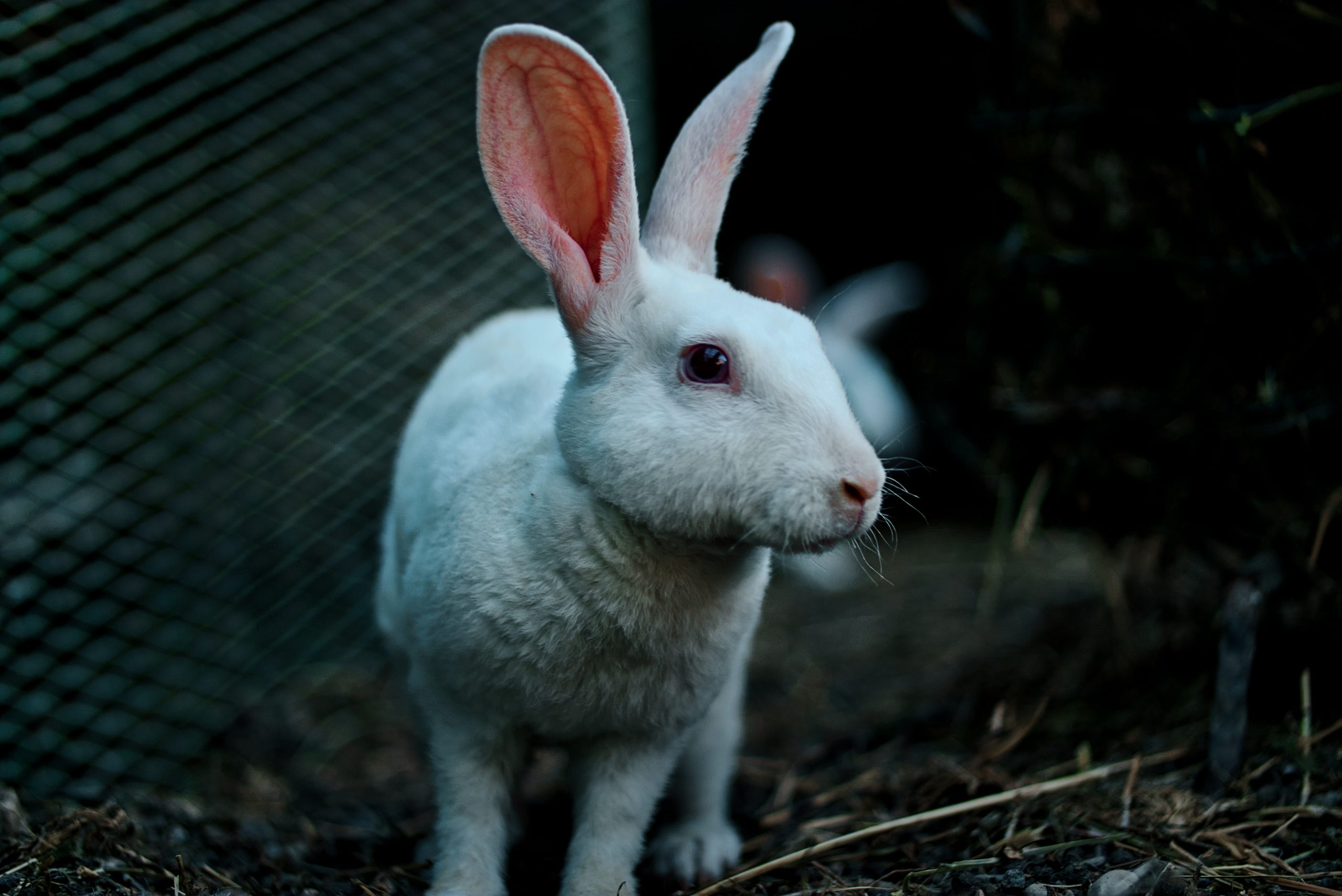Craig Smith reviews Animals at Night by Naomi Booth
Animals at Night sits within a quartet of Booth’s work – the novella The Lost Art of Falling and the novels Sealed and Exit Management – which have been published or re-published by Dead Ink Press. The stories in Animals at Night are by turns dark and life-affirming, joyful and harrowing, bleak but with a humour that made me laugh out loud. Each is beautifully written with an attention to detail that makes an art of the short form fiction format.
The collection opens with Strangers, a dramatic monologue told by Lizzie, who is taking her mother on one last road trip in her camper van, as per her mother’s final wish. The twist is, Doris has been dead for a week. It’s all above board – there’s a plot in a graveyard awaiting Doris in a field in Cornwall – but en route, Doris has specified that she and Lizzie must host tea parties in the back of the camper with the people who meant the most – her best friend, Lizzie’s daughter, and Lizzie’s estranged pal.
There’s nothing ghoulish, supernatural or beyond-the-grave in Strangers. Other authors would maybe drop something sick or sinister into the scenario, but that’s not the nature of Booth’s writing. She doesn’t put her characters through more than she needs to. The trials they face are plenty tough as they are, and the pressures from the world about them bring out their eccentricities. The forces they are subject to are rarely malicious or unkind, and the characters approach the world with a good faith that the world frequently repays. There is a sense that the author genuinely wants the best for her characters; now she’s introduced them into the world, she isn’t about to abandon them.
The horror in Booth’s stories comes from the sight of nature in its feral, broken, gristly, corporeal grizzliness. Nature is frequently beautiful – a sky filling with stars, light across a bay, the fleeting touch of a butterfly or mackerel – but more often it is bleeding and raw. There are cats with their tails stuck to the road, jellyfish split in two, hares almost dead but clinging to life. The animals ostensibly take the hit on behalf of the human beings but, as Booth has a father say, “Why did I think that animal processes were metaphors? They weren’t. They were specific and real.” I think this is Booth, giving herself a stern talking to.
Death and birth are two ends of the same road, and there are road trips between the two, to Norfolk, to Northumberland, to Cornwall. Sometimes we witness a complete lifecycle, as in Chrysalides, where a lockdown gift of caterpillars and its habitat leads to a discussion on how we bring up children, how we explain the harsh realities of life, and what children should be allowed to find out for themselves. The story questions the effect of the isolation of Covid on our psyches. The narrator is even envious of the company that the dying man in the flat opposite gets from his carers, while her daughter risks hurting the emerged butterflies, just to have contact with another living creature.
Motherhood is a theme that runs through most stories in the collection, and is looked at from a dozen different directions. Mothers tormented by the imagined fates for their new born. Mothers working three jobs to bring up their children unsupported by the father. Mothers making the most of life after their husband and son have departed. Mothers eating with a child in a sling between her and her food. The book becomes an exercise in learning how to cope, a peon to the strategies we adopt. The child’s revenge on the bullying piano teacher. The ex-junkie jogging at night whenever the temptation to fall off the wagon looms. Booth gives her characters the strength to manage! Just!
In that sense, Booth is writing for our times. That the world can be a frightening place is a given, what we need is solutions that help us get through it, as individuals and as a society. Those solutions come through community, communion, conversation, through humanity presenting itself, one human to another. There’s a good heartedness that runs through Booth’s work that is practically a pact. Situations can end well; it’s not that they will, it’s just that they can. In a world where we’re up against it from every angle – ecologically, democratically, emotionally – Booth’s message of hope is powerful, important, and arguably the only bargain with the future that we can make.
Animals at Night concludes with Sour Hall, the short story Naomi wrote for the Audible collection Hag, where British women authors were asked to rewrite British folk stories, under the watchful eye of folk historian Professor Carolyne Larrington. Booth revisits the bogart, a creature infamous around Yorkshire and Lancashire, and is the only story within the collection that contains an entity emanating from beyond life as we know it. The characters in Sour Hall have a viable future once they acknowledge the nature of their problem. Communication comes to the rescue.
I have tried to write a dispassionate review of Animals at Night, but my inner fanboy keeps popping out. I thoroughly enjoy Naomi’s writing, and I was thrilled to get hold of Animals at Night, and it does not disappoint. Highly recommended.
